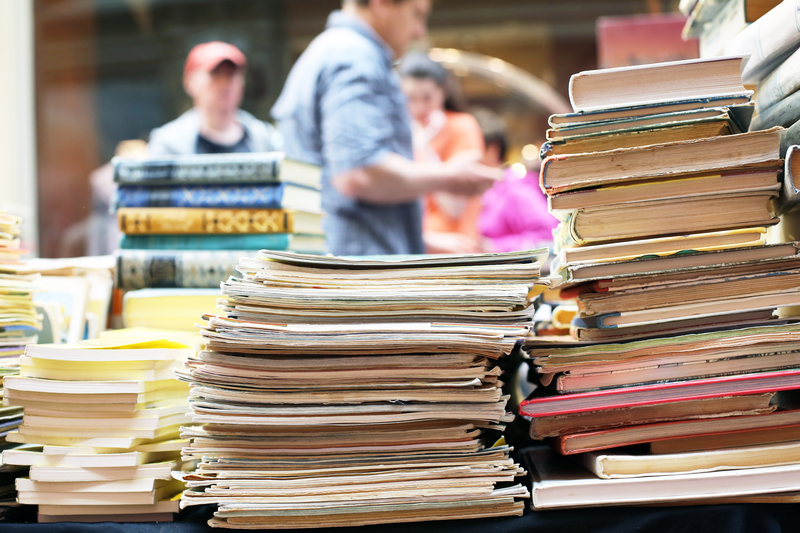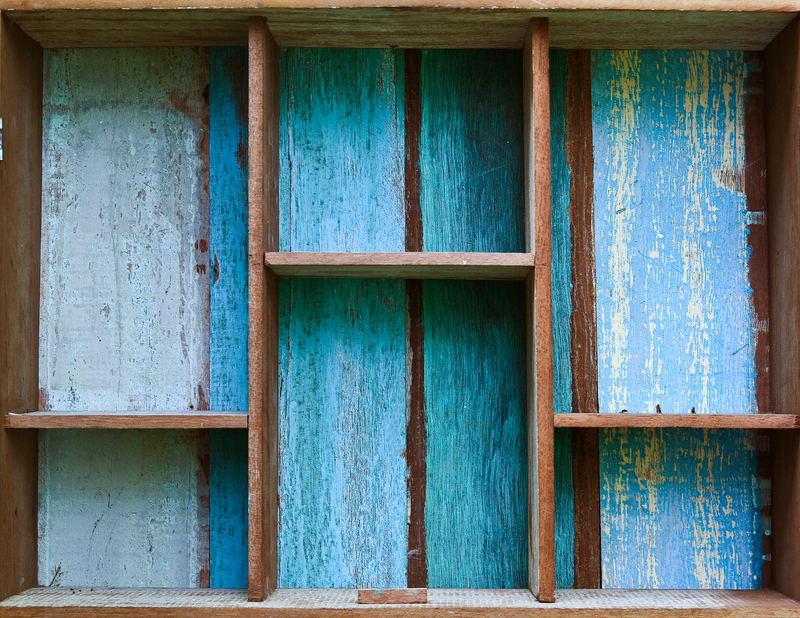How to Make Recycling Appealing to Young Minds
As environmental awareness grows, recycling stands as a crucial step toward a sustainable future. However, instilling the importance of recycling in children can be challenging. The key lies in making recycling engaging, fun, and meaningful for youngsters. This comprehensive guide will explore innovative strategies and practical tips to make recycling attractive to young minds, fostering lifelong eco-friendly habits.
Why Is Recycling Important for Children?
Before we dive into how to encourage recycling in kids, it's essential to understand why early education on recycling matters:
- Long-term habit formation: Early exposure builds lasting eco-conscious behaviors.
- Environmental stewardship: Kids learn that their actions impact the planet.
- Civic responsibility: Recycling teaches responsibility and respect for the community.
- Creative problem-solving: Understanding waste management sparks innovation.
When children grasp these concepts, they become passionate advocates--taking their enthusiasm for recycling beyond the classroom and into their futures.

Understanding What Appeals to Young Minds
To make recycling fun for kids, it's crucial to consider how children learn and what catches their interest. Youngsters are naturally curious, action-oriented, and eager to participate. They respond well to interactive experiences, visuals, stories, and hands-on activities that tap into their creativity.
10 Effective Ways to Make Recycling Appealing to Kids
-
Gamify the Recycling Process
Turn recycling into a game! Assign point values for recycling different items, and let kids track scores on a recycling chart or app. Offer rewards for good habits--such as an extra playground session or a favorite meal--when goals are met.
-
Use Bright and Inviting Bins
Swap out boring, gray bins for colorful containers labeled with images. Let kids help decorate them with stickers, drawings, or signs. Visually distinct bins make it easier (and more fun) for children to sort their recyclables.
-
Involve Kids in Creative Recycling Projects
Show kids that recycling isn't just about tossing things away. Encourage DIY art projects using bottle caps, cardboard, or tin cans. Host recycling craft competitions or build a recycled sculpture as a family or class.
-
Teach Through Storytelling and Books
Read children's books about recycling or create a recycling superhero story together. Role-play scenarios where kids save the planet by sorting bottles, cans, and paper.
-
Make Recycling a Family or Classroom Responsibility
Assign weekly recycling duties, such as collecting recyclables from each room or rinsing containers. Rotate roles so every child gets a chance to participate and feel ownership over the process.
-
Connect Recycling to Real-World Impact
Show kids videos of landfills or polluted oceans, then explain how recycling helps. Visit a local recycling center or invite an environmental guest speaker. Help them draw a direct line between their actions and environmental outcomes.
-
Host Fun Recycling Challenges
Organize competitions like "Who Can Collect the Most Bottles?" or "Recycled Fashion Show." Celebrate achievements with certificates or eco-friendly prizes.
-
Use Technology and Apps
Engage tech-savvy kids with recycling games and educational apps. Platforms like Recycle Roundup and EcoSort introduce interactive learning, making the process both exciting and educational.
-
Integrate Recycling Across Subjects
Reinforce recycling concepts in science experiments, math counting (e.g., tallying items), and art or music projects (such as making instruments from recycled materials). This cross-curricular approach cements recycling as a core value.
-
Set a Positive Example
Above all, children emulate adults. When parents, teachers, and caregivers consistently recycle and share why it matters, kids naturally follow their lead.
Encouraging Recycling at Home
The home environment plays a pivotal role in making recycling engaging for children. Here are some household strategies:
- Recycle Together: As a daily routine, sort items side by side and explain what goes where. Use questions like, "Where does this plastic bottle belong?"
- Label Everything: Use words and pictures to help younger children recognize recyclable items versus trash.
- Track Progress: Create a chart or sticker system. Celebrate milestones--like reaching 50 recycled bottles!
- Explore Upcycling: Make old jars into pencil holders or milk cartons into bird feeders. Discuss how upcycling helps reduce waste.
Recycling for kids should be woven into daily life so that it feels natural, expected, and enjoyable.
Making School Recycling Programs Fun and Effective
Schools hold enormous potential to foster recycling enthusiasm in young people. Here's how educators and administrators can champion recycling in engaging ways:
- Classroom Bins: Every room should have clearly marked recycling stations. Appoint "Recycling Captains" who check bins daily or weekly.
- Eco Clubs: Create student-led green teams that design posters, host awareness assemblies, or create monthly recycling challenges.
- Integrated Lessons: Include environmental science lessons, art projects using reused items, or math activities to calculate school waste reduction.
- Field Trips: Take classes to local recycling facilities to watch the journey of recyclables firsthand.
Recognition fuels motivation. Thank children publicly for their efforts, display recycling artwork, and involve families in school-wide recycling campaigns.
Creative Tools and Resources for Making Recycling Exciting
Harness the power of creativity and technology to encourage recycling behavior in young minds with these resources:
- Recycling Education Kits: Many organizations offer free or affordable recycling kits with posters, activity sheets, and lesson plans designed for young audiences.
- Interactive Websites: Sites like EPA's Recycling Resources offer online games, videos, and printable resources for kids.
- Mobile Apps: Download apps like "Recycle Coach" or "My Little Plastic Footprint" to make tracking recycling progress interactive and fun.
- Recycling Songs and Rhymes: Teach children simple, catchy tunes that reinforce recycling habits.
- Upcycle Art Contests: Local libraries or community centers may host art competitions using only discarded materials.
Innovative tools like these keep recycling fresh, memorable, and accessible for all ages.
The Power of Storytelling and Visual Learning
Young children are visual learners and love stories with heroes and adventure. To make recycling interesting to children:
- Invent a Recycling Superhero who battles litter and saves habitats by sorting trash.
- Create comic strips or storybooks where waste is transformed into new products.
- Use infographics and flowcharts to visually explain where recycled materials go.
- Watch documentaries like kids' nature films that show real-world effects of pollution and recycling.
Storytelling helps young minds emotionally connect to the positive impact of their choices.
Barriers to Engaging Young Minds in Recycling (and How to Overcome Them)
Despite the best efforts, there are common obstacles. Understanding these is critical to promoting youth recycling participation:
- Confusion Over What Can Be Recycled: Combat this with clear visual guides and interactive quizzes.
- Lack of Immediate Rewards: Use praise, small incentives, and show real-life outcomes of collective action.
- Peer Pressure or Indifference: Foster teamwork and friendly competition, and reward group accomplishments.
- Noisy or Messy Bin Areas: Designate tidy, accessible recycling stations with clear signage.
- Inconsistent Adult Behavior: Adults need to model proper recycling to reinforce the behavior.
With patience and creativity, these barriers can be overcome, making recycling enjoyable and meaningful for children.

Long-Term Impact: How Early Recycling Education Shapes Green Leaders
When you make recycling appealing for children, you're planting seeds for a greener tomorrow. Kids who internalize these values are:
- More likely to choose sustainable products as adults.
- Active participants in community clean-ups or eco-projects.
- Ambassadors who influence peers and parents toward responsible behaviors.
- Better problem-solvers, able to identify waste and design solutions.
Ultimately, engaging young minds in recycling doesn't just save waste from landfills--it creates a ripple effect throughout their lives and communities.
Conclusion: Inspiring Lifelong Environmental Change Through Fun Recycling
With the right blend of fun, creativity, and education, recycling can become a rewarding adventure for youth. Transform the process from a chore into a challenge, a story, or an art project, and watch enthusiasm grow. By making recycling accessible, interactive, and empowering, families, schools, and communities can unlock the full potential of young eco-champions.
Remember: Every can, bottle, and paper recycled by a child is a step toward a cleaner, healthier planet. By fostering curiosity, celebrating achievements, and sharing the bigger picture, we ensure that the next generation is ready--and eager--to care for our world.
Your Turn: Make Recycling Fun Today!
- Start a home or classroom recycling game--track your progress!
- Host a recycled craft day and share your creations.
- Read a recycling-themed book or watch a short documentary together.
- Visit a recycling center to see the process in action.
Together, we can inspire the next generation to become passionate protectors of our planet. Let's make recycling appealing to all young minds today!
```